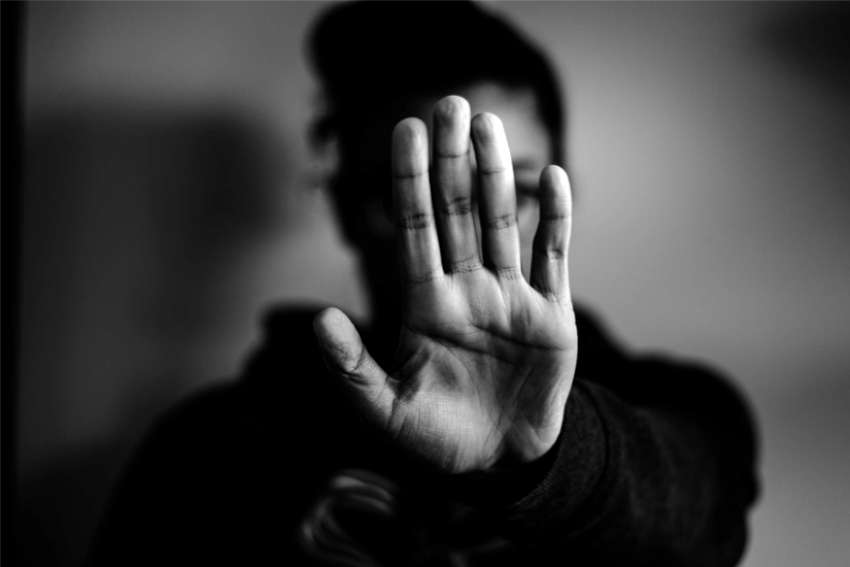The stories from Palm Sunday and Good Friday bring denial of Christ and our faith to the fore, both the obvious and direct denials and the tacit denials of omission that are a daily struggle.
A blatant denial is knowing that I shouldn’t do or say something but intentionally taking the wrong path and often dismissing the behaviour with a tired and fragile excuse like “everyone else does it, what’s the harm.”
Subtle denials creep in. Asked to profess and live our faith, we can deny Jesus in many ways.
In a workplace or in a classroom, especially before COVID restrictions drastically reduced the number of people in attendance in such settings, discussions sometimes turn to faith and religion. If we sit or sat there without defending our faith when it is assailed or diminished, we have tacitly denied Him. Whatever setting we find ourselves in, if we allow tasteless comments or jokes about race, religion or physical or mental disabilities or deformities to go unopposed, we again have denied Him.
Cue the cock crow.
If we are to follow in the footsteps of Jesus, we should be expected to at least make an effort to live as He did. Always talking about what a neighbour did or didn’t do isn’t really loving your neighbour.
We see or are well aware of those less fortunate than us, those who are physically starving through no fault of their own, those alone and lonely, yet we are able to slough it off, consoling ourselves by saying there are so many hungry people, what impact could I make on such a widespread, universal problem.
And the rooster crows again.
The denial of Christ and His teachings can reach past individuals into institutions, including the Catholic Church. A class action by dozens of Nova Scotians who say they were sexually abused by Roman Catholic priests dating back to 1960 was filed in August 2018 and is proceeding against the Halifax-Yarmouth archdiocese in Nova Scotia. The class action claims that several of the abusive priests were criminally convicted but many others were sent off to a Church-run treatment facility and then placed back in parishes with no warning or notice to parishioners of the priests’ past actions.
Betraying a trust results in a feeling of emptiness similar to that experienced by Peter as he heard the cock crow. The depth of that emptiness is directly related to your personal attachment to the person you disappoint or betray and the level of trust that person has come to expect.
Our primary attachment ought to be to God and the corresponding emptiness for betraying or denying Him should be all the greater.
The lesson of Good Friday is that through the pain and suffering of Jesus, our sins can be forgiven. Human nature can lead us to take that forgiveness for granted, lull us into a sense of false security. Sure, I made those mistakes in the past but if they sneak back into my future behaviour, no worries, they will be forgiven again.
That’s not really the way it works, according to the teaching of the Catholic Church.
“God gives us the strength to begin anew,” the catechism reads. “It is in discovering the greatness of God’s love that our heart is shaken by the horror and weight of sin and begins to fear offending God by sin and being separated from Him.”
Jesus Himself expounds on that separation. “Everyone who acknowledges me before others I will acknowledge before my heavenly Father,” Jesus says in Matthew’s Gospel. “But whoever denies me before others, I will deny before my heavenly Father.”
Having yielded to denial already on however many occasions, the expectation is that one can repent and genuinely feel sorry for past betrayals and, having learned from past mistakes, can and will commit to do better in the future.
A commitment to do better, reinforced by a concerted effort, is something we can even inwardly crow about.
(Campbell is a reporter at the Halifax Chronicle Herald.)


